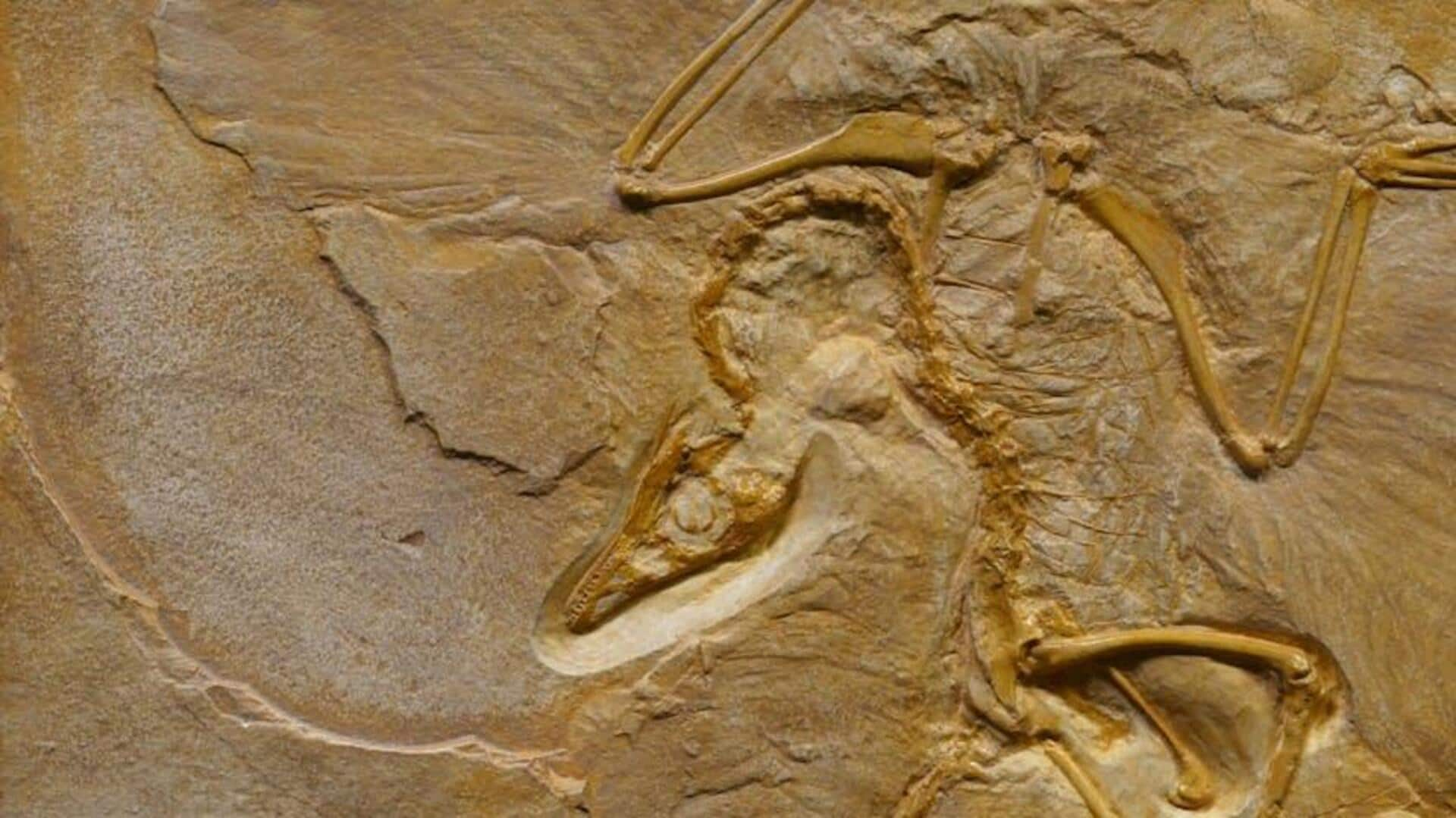
Fossil hunting in Morocco's Sahara desert
What's the story
Morocco's Sahara Desert is a place of immense beauty and mystery. Beyond the golden dunes and camel adventures, there lies a hidden world waiting to be discovered: the realm of fossils. Once the floor of a prehistoric sea, the Sahara holds a bounty of marine fossils. Trilobites, ammonites, and even dinosaur bones are waiting to be unearthed. This article takes you on a fascinating journey through fossil hunting in Africa.
Preparation
Preparing for your expedition
Before you head out on your Sahara fossil hunt, be prepared for extreme weather. During the day, lightweight, breathable clothes are best, but pack warm layers for chilly evenings. Good walking shoes are essential as the terrain can be challenging. Don't forget to bring lots of water, sunscreen, and a hat to protect yourself from the sun.
Regulations
Understanding local regulations
Fossil hunting in Morocco should be done while adhering to local laws and regulations. Exporting certain fossils without the necessary permits is illegal. To make your fossil hunting trip fun and legal, hire a local guide who knows the ins and outs of fossil laws in Morocco. Plus, they'll know where all the cool spots are for finding the fossils you're most interested in!
Timing
The best time to visit
The optimal time for fossil hunting in Morocco's Sahara Desert is between October and April, when temperatures are more manageable. During these months, daytime temperatures are pleasant for outdoor activities, while nights are cool but not overly cold. This time frame also avoids the extreme heat of the desert summer, which can be unbearable for outdoor exploration.
Discoveries
What you can expect to find
Morocco's Sahara Desert, with its history of being covered by an ancient sea, offers a treasure trove of marine fossils. Trilobites, some of the oldest arthropods, and ammonites, with their iconic spiral shells, are common finds for fossil hunters. You can also discover orthoceras (ancient mollusks) and, with a knowledgeable guide, even dinosaur bones in the region's fossil hotspots.
Tips
Tips for successful fossil hunting
Successful fossil hunting requires patience and a keen eye. Exercise caution while using tools like hammers and chisels. Search for peculiar rock formations; these are your best bet for finding fossils. Keep yourself hydrated and show respect for nature by not causing harm to the environment or removing large amounts of rock or sand. Always validate your discoveries with experts or guides. They can provide insights into their historical importance.